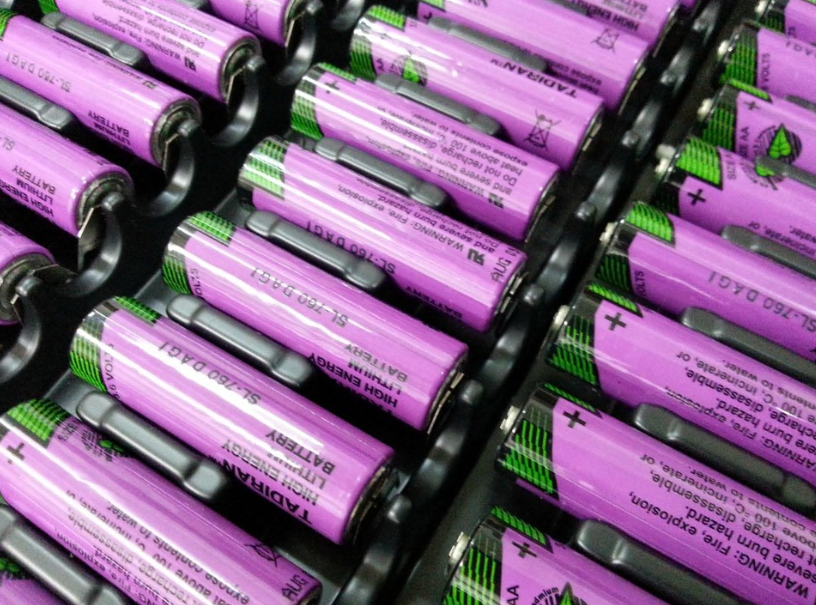The Importance of Lithium Batteries
Lithium batteries have become an integral part of modern life, powering everything from smartphones and laptops to electric vehicles and renewable energy storage systems. Their high energy density, long lifespan, and ability to recharge make them superior to many other types of batteries. Here are a few reasons why they are so important:
- Portable Electronics: Lithium batteries are essential for the operation of portable electronic devices, providing the power needed for extended use without frequent recharging.
- Electric Vehicles (EVs): The shift towards electric vehicles is heavily reliant on lithium batteries, which offer the necessary range and efficiency to make EVs a viable alternative to traditional gasoline-powered cars.
- Renewable Energy Storage: These batteries play a crucial role in storing energy generated from renewable sources like solar and wind, helping to stabilize the grid and ensure a consistent energy supply.
Safety Considerations
While incredibly useful, these battery types also come with safety considerations that must be addressed:
- Risk of Fire and Explosion: If damaged, improperly charged, or exposed to extreme temperatures, lithium batteries can overheat and potentially catch fire or explode. This makes proper handling and storage critical.
- Proper Disposal: Lithium batteries should not be thrown in the trash due to the risk of fire and environmental harm. They should be recycled at designated facilities to ensure safe disposal.
- Regulatory Compliance: There are strict regulations governing the transport of lithium batteries, especially by air, to prevent accidents. It’s important to follow these guidelines to ensure safety.
Sources of Lithium
Lithium is primarily sourced from two types of deposits: hard rock (spodumene) and brine. The main sources of lithium on Earth include:
- Australia: The largest producer of lithium, primarily from hard rock mining.
- Chile: Home to vast lithium brine deposits in the Salar de Atacama, one of the world’s richest lithium sources.
- China: A significant producer of lithium, both from hard rock and brine sources.
- Argentina: Part of the “Lithium Triangle” along with Chile and Bolivia, known for its extensive lithium brine resources.
These regions play a crucial role in supplying the lithium needed to meet the growing demand for batteries in various industries.
Conclusion
Lithium batteries are vital to our modern world, enabling advancements in technology, transportation, and renewable energy. However, their benefits come with safety responsibilities that must be taken seriously. Understanding where lithium comes from and how to handle and dispose of these batteries safely ensures we can continue to enjoy their advantages while minimizing risks.
Hazmat University Offers Up-To-Date Lithium Batteries Training Courses Online
Hazmat University offers initial as well as recurrent online hazmat training courses for hazmat employees, shippers, freight forwarders, and others involved in transportation. We provide self-paced and easy-to-follow online training courses that cover the specifics of lithium battery transportation by air, ground, or vessel. We also offer multimodal courses that combine the regulatory requirements for all forms of transportation.
With these courses, hazmat professionals can develop the skills and knowledge necessary to handle and ship batteries safely, which can reduce the risks associated with these potentially hazardous materials. To learn how you can benefit from our hazmat training courses, call us today at 844-247-1951 or fill out our online contact form.
Be Confident. Be Competent. Be Compliant.
